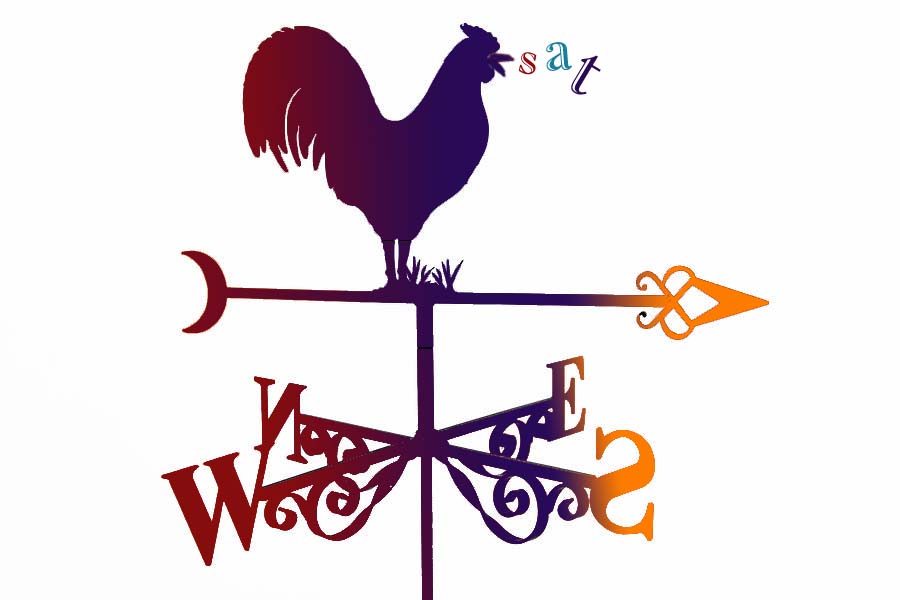
Centre for Media and Alternative Communication in collaboration with the Goethe Institut/Max Mueller Bhavan and Pro Helvetia (Swiss Arts Council) organized ‘Sound, Art, Technology’ (S.A.T.) on the 20th and 21st February 2013 at New Delhi, India. The Indian Council for Cultural Relations also supported the event. S.A.T. also travelled to Gwalior on 23rd February with the support of ITM University, Gwalior
Sound, Art, Technology was an international collaborative sound and music festival. Through performances, productions, presentations and discussions over 20th and 21st February, 2013, the festival engaged with the impact of technology on production and dissemination of music over the century. The inter-disciplinary artistic project was aimed at being a synthesis of music, visual art and technology. Some of the central themes of S.A.T. explored were:
- Creativity, culture & technology
- The technological revolution and innovative use of technology
- Distribution, access, size & scale of reach
- Innovative use of technologies – mobile phones, i-pads, applications for mobiles and tablets
S.A.T. was an effort to understand artistic and visual practices today as emanating from several locations, and speaking in multiple voices rather than from a canonical centre. It tried to understand how present day technology creates opportunity for innovation and can thus work to revitalize going away music and art traditions.
The S.A.T. Festival brought together artists from across Europe and South Asia to create a collection of visual and performance art, short films and live performances. Through a vibrant evening of performances and an interdisciplinary conference, S.A.T. evolved a creative space for the interaction of artists, academicians and professionals to discuss and innovate with sound and technology.
Performances
20th February, 2013, Lawn, Max Mueller Bhavan
The S.A.T. opening night brought together live performances by a diverse range of musicians across Europe and South Asia. Performances by Swiss Jazz Ensemble ‘Orbital Garden’ featuring musicians Don Li and Vidya Shah, German folk artiste Petra Rehwald and Bundeli folk musicians from Madhya Pradesh made S.A.T. a true blend of classical and folk music traditions and technological innovation.
The need to revisit going away traditions and reinvent them in the age of rapidly changing technology was touched upon by two more performances of the evening. A rustic presentation of Bundeli folk music by members of Abhinav Sanskritik Manch (Sagar, Madhya Pradesh) set the mood for German folk artiste Petra Rehwald’s performance on the Bavarian string instrument ‘hackbrett’, accompanied by musicians Gulam Ali (Sarangi) and Satish Solanki (Percussion) – creating a synergetic space for the interaction of European and Indian music traditions.
The S.A.T. opening night was made truly memorable by Swiss Jazz Ensemble ‘Orbital Garden’ (Switzerland) featuring Don Li (Clarionet, Programming, Composition), Vidya Shah (Vocals), Tian Bosshard (Drums and Bass) and Peter Scherer (Electronic Programming). Through raag-inspired music and nirguni texts, Vidya Shah worked with the group through a complex rhythmic pattern in this one hour performance titled ‘Tread Carefully through the Forest’. ‘Orbital Garden’ presented an interesting new cross-over music and touched the very core of the festival through its minimalistic yet creative use of technology to create never before heard music.
S.A.T. took the ‘Orbital Garden’ performance to Gwalior on 23rd February with a collaboration with ITM University, Gwalior. ‘Orbital Garden’ performed to thunderous applause and cheers from over a 1000 students at ‘Kronos’, the annual music and arts festival at ITM University.
S.A.T. Forum
21st February, Library Hall, Max Mueller Bhavan
S.A.T created a space for better conceptual understanding of issues related to technology and creativity through an interdisciplinary forum. Artists, media professionals, musicians and ‘techies’ came together to present and perform on various topics related to sound, music and technology. Vibrant discussions on the interaction between creative expression and technological practices, changes in recording technology, ‘democratization’ of access to modes of creative expression, going away traditions in music and alternative dissemination models were key to this forum. The list of presenters included: Dr. Sumudi Suraweera, Nafis Ahmed, Dr. Punita Singh, Ritesh Meshram, Subroto Chattopadhyay, Sita Raina, Tapas Sen, Kuldeep Kothari, Inder Salim, Omprakash Choubey, Shiv Pawn Band, Subi Chaturvedi.